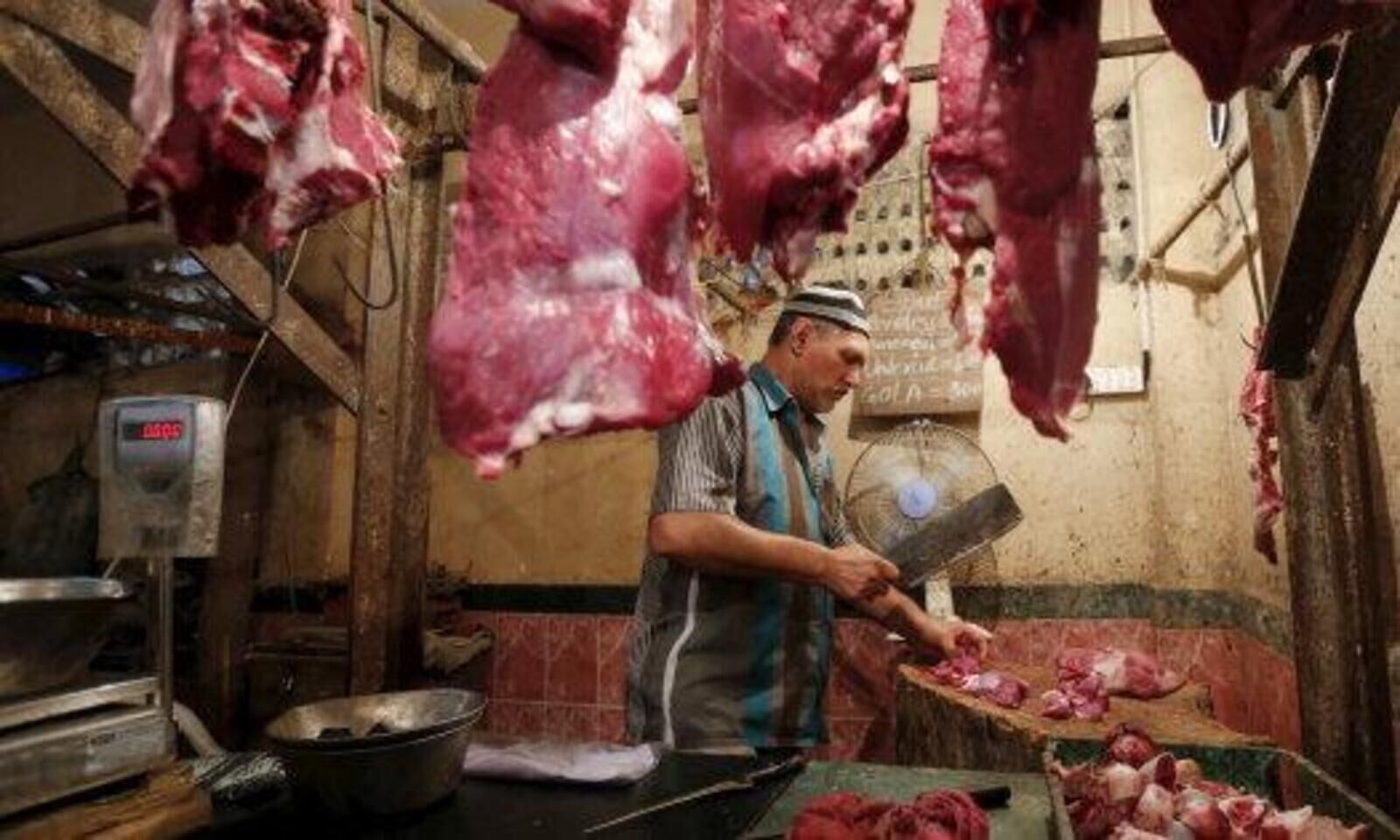Deeply damaging

When the State starts deciding what the citizens will eat, drink and wear on a daily basis — or for a particular time period — then society and individuals must deeply introspect on the depth of control they are subjected to. The SDMC mayor's 'verbal ban' on the functioning of meat shops during Navratri is yet another blot on Indian democracy and its extraordinarily rich culture. Officials and politicians alike are floating the stupid argument that so and so per cent of people don't consume meat during Navratri, and that opening of meat shops during the festival could hurt "religious sentiments" or may not be "necessary". Those who make such arguments have the slightest idea that the richness and vividness of Indian culture — gained over ages — have lent it such extraordinary depth that it can absorb and assimilate differences almost seamlessly. The decision of meat ban in some parts of Delhi — in continuance with similar actions in the past — is an undoing of this unique capacity of India that it has acquired over centuries. The decision also goes against the spirit of democracy. The majority of votes, in functional terms, could decide the formation of government but the majority view is by no means imposable on a selected group — however small that group may be. The victory of democracy is assured if it is strong enough to stand for legitimate interests, rights, concerns etc. of the last one per cent of the population. The ban on meat shops in Delhi is, thus, headed towards making Indian democracy weak and ugly. It goes without saying that the ban will also have significant economic repercussions on the daily earnings of meat shop workers. The most disturbing aspect of the SDMC meat ban is, however, the declining trust of the State in its citizens in respecting the religious sentiments of one another. Indians, even before the Congress and the BJP came into existence, have been displaying the required sensitivity towards religious sentiments of one another. The unwarranted handholding, or rather manhandling, by governments is very likely to weaken Indian society by cocooning it under a specific directional framework. The emergence of the great Indian culture has not been realised through a constructed endeavour. It is rather the result of an organic process where people speaking diverse languages, following different sects, wearing different clothes and eating different foods interact with each other to create the beauty that India is. Any advertent or inadvertent effort to denigrate India's social fabric must be strictly opposed by the people. Indian culture needs non-interference and not 'agents' to preserve its sanctity. Amid all this, a political angle cannot be ruled out. AAP has kept the BJP from power in the national capital but the saffron party leads all three municipal corporations. Now that Arvind Kejriwal has grown in stature after the Punjab victory and is set to contest in Gujarat assembly elections, the BJP must be looking forward to stifling the emerging rival. Also, the BJP may be facing heavy anti-incumbency in municipal corporations and searching for fresh momentum ahead of the polls. What could be a better tool for the BJP than its time-tested 'communal polarisation' to make itself felt! Such political stunts for grabbing public attention and painting opposition leaders as "anti-national" if they counter-protest are mean tools. While these steps could benefit a particular political party by providing it with the required mileage, it certainly does a great deal of damage to the national conscience and makes life tough for common citizens. Many traders have put their shutters down following the threatening message by the mayor in case of non-compliance. Even though there was no formal order from the commissioner — who is authorized to pass such orders — traders closed shops out of 'fear'. Serious thinking is needed about whether Indians truly deserve to live under a persistent shadow of fear. In sum total, the decision to ban meat is condemnable and damaging. The social media onslaught is likely to make matters worse. Indian citizens, through the expression of their cordial relations, should discredit all efforts to divide society into two halves. Institutions with authority also need to proactively intervene to stop what could safely be called a disaster in the making.



